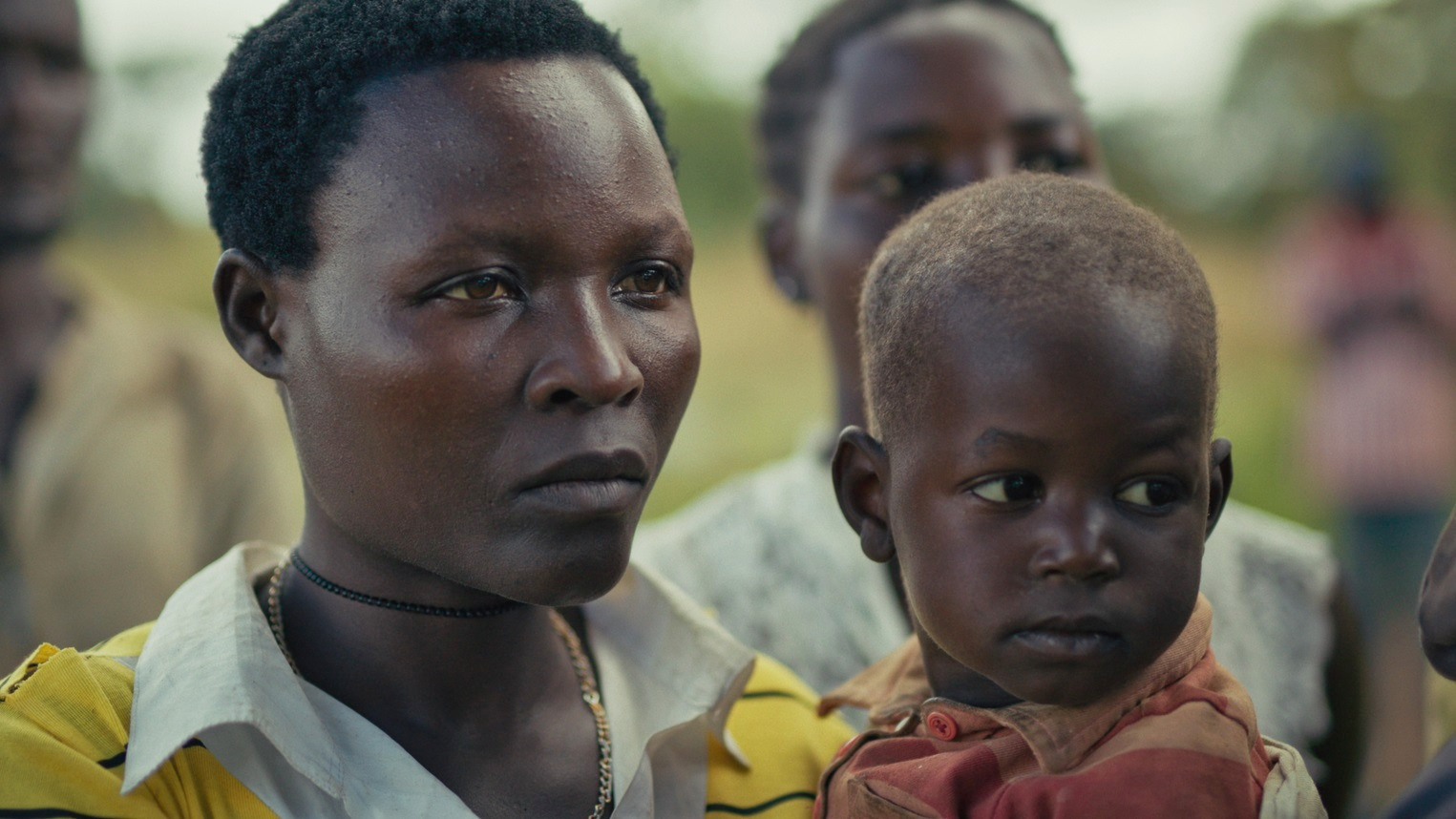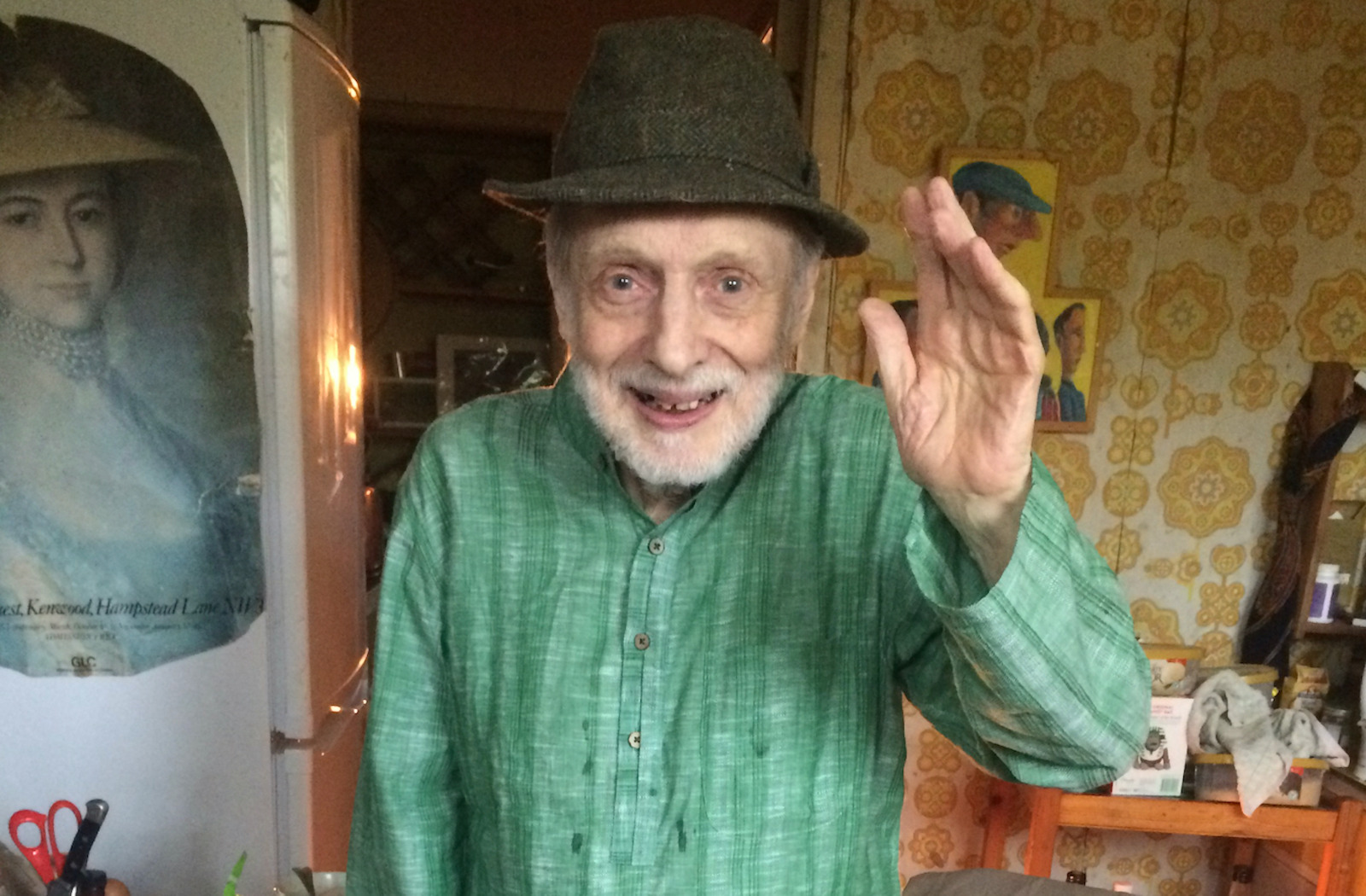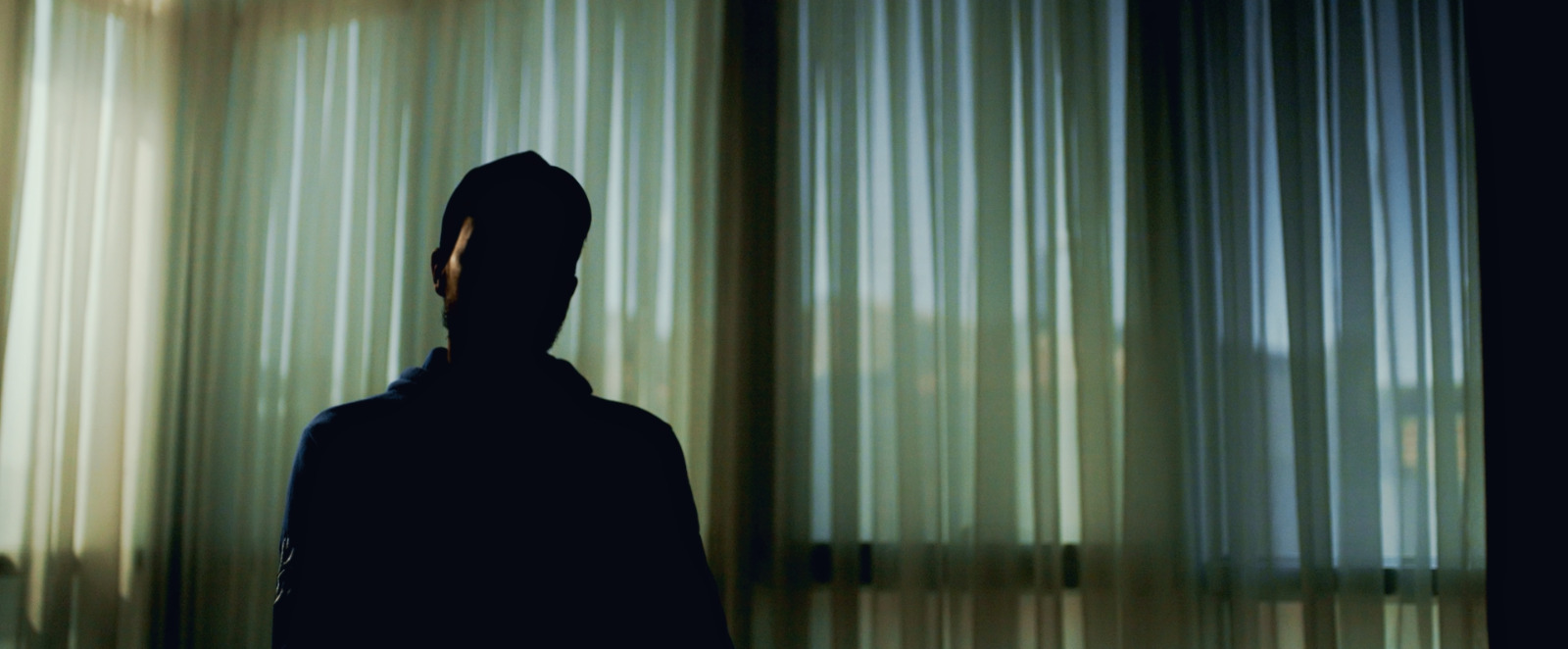Theatre of Violence
(Denmark/Germany, 105 min.)
Dir. Lukasz Konopa, Emil Langballe
Programme: Special Presentations (North American premiere)
“How do you detach a man from his past?” asks Krispus Ayena, an accomplished Ugandan lawyer who ruminates on his latest case in its aftermath. He is lead counsel for Dominic Ongwen, a former soldier under the leadership of Joseph Kony and the first member of the infamous warlord’s Lord’s Resistance Army (LRA) to be brought to trial by the International Criminal Court (ICC). With over 61 counts of war crimes, his rap sheet is exhaustively comprehensive: murder, torture, rape, enslavement. By all accounts, this is an open and shut case. However, Ongwen’s past – a previously bright child who was forcibly abducted by the LRA and trained to be a ruthless killer – forces the court to reckon with far deeper moral complexities that puts a case of nature vs. nurture on the global stage.
Ayena’s initial question is at the very heart of Theatre of Violence, in which filmmakers Lukasz Konopa and Emil Langballe astutely assert that not only can a man not be detached from his past, but neither can a country from its history. The film begins with on-screen text explaining the roots of European colonization in Uganda’s initial race wars, drawing a line from these conflicts to the corrupt state of contemporary Uganda. Although Ongwen’s individual agency is not ignored, Konopa and Langballe are far more interested in portraying him as, in Ayena’s own words, “both a victim and a perpetrator.” He is culpable for heinous actions, but his deeds are a by-product of a country that was driven to violence and the surrounding moral authorities that did little to intervene.
The film’s aforementioned on-screen text is set against a quiet Ugandan savannah. As the camera slowly pans across the fields at dawn, the film presents the beginnings of a violent bushfire, which represents different dissections of destruction: bodily, judicially, societally, and politically. This sequence is one of the film’s sparse but powerful reconstructions. It’s a series of vignettes sprinkled throughout that provides a poetic expression of the story’s larger themes that transcends traditional documentary modes.
That being said, the film does incorporate familiar documentary tropes but in ways that feel far more cinematic than its counterparts. The film’s linchpin is, of course, archival footage of the trial itself, which is fairly cut-and-dry. However, the filmmakers set the footage to an anamorphic aspect ratio, making the court proceedings far more intimate. Additionally, powerful voiceover narration from Ongwen is often set against reconstructions, giving his words a duality far beyond the facts. These formal touches make Theatre of Violence an elegant and immersive portrait.
The majority of the film’s material centres on Ayena’s quest to prove Ongwen’s innocence, traveling throughout the country to explore his homeland and talk to potential witnesses. Though these are the film’s least formally engaging moments, they do present Ayena as the true main character of the documentary despite the plot surrounding Ongwen and his actions. It’s a strong narrative decision; Ayena is the far more compelling subject, an accomplished lawyer with a vast knowledge of Uganda and its history. In one scene, where he watches a news report on Uganda’s potentially tumultuous 2021 election, he already knows the country’s government will simply maintain the status quo. He speaks of deeply tragic precedents without a hint of hesitation.
More importantly, Konopa and Langballe use Ayena as a surrogate to interrogate the story’s themes. As Ayena puts it plainly: “My purpose is to tell the white man, the people of the western world, that there is a problem in Uganda.” Ayena’s work exposes deeper corruption within the government and, by extension, the ICC itself as an institution. However, the film still approaches the subject matter from all angles. Throughout the trial, one hears from both the defense and the prosecution, including verité footage behind the scenes. In one moment, an anonymous witness describes what it means to be a victim of Kony’s army. Nobody is directly vilified in their pursuit of what “justice” means to them, but that’s just it. What does justice look like in the aftermath of years of persecution and bloodshed? The filmmakers don’t give a hard and firm answer, but they do know that, whatever it looks like, it isn’t what it looks like now.











